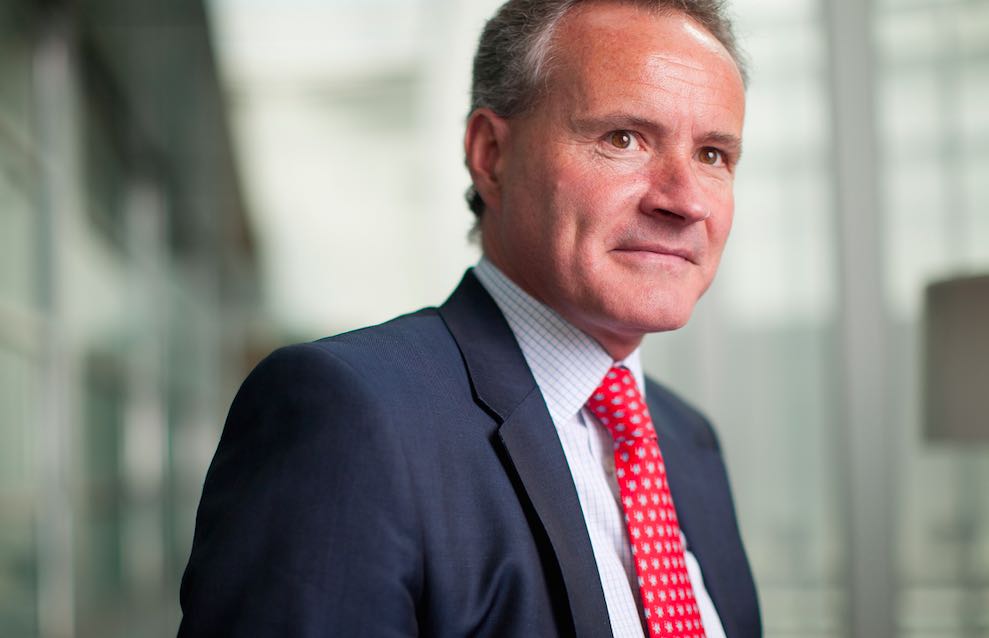Europe remains the global whipping boy, says John Bennett, Head of European Equities at Henderson. But among european countries, the Henderson team prefers Germany, “where balance sheets are improving and political headwinds are easing”.
What lessons have you learned from 2014?
I have long believed that we live in a world of momentum investing. Investors fail to anticipate inflection points; they like to chase it once the inflection has already happened. This is reflected in the amount of time that people waste from quarter to quarter, focusing on earnings per share (EPS) guidance as an indicator of a company’s prospects. This is a horrible trend that originated in the US. The way to get a competitive advantage, in my view, is to ignore it and focus on what really matters – cash flow. I always look at the cash flow, because cash will always out, as will value.
2014 also provided a reminder of why (with the exception of some of the Nordics), I prefer to ‘rent’ or trade European banks, holding stocks in the sector on a short-term basis. The industry has been a disappointing investment since the mid-1990s and it remains in a structural bear market, subject to short, sharp rallies.
Where do you see the most attractive opportunities within your asset class in 2015?
I think that large caps offer the best prospects in Europe, with investors willing to pay a higher price for quality businesses where they perceive a greater source of safe income. At a sector level, our established and often contrarian commitment to the pharmaceutical sector remains intact, while “smart cars” has been a consistent investment theme for two years now.
Recent months has seen us call off a major bear in telecommunications and utilities, two areas of potential opportunity in 2015. Merger and acquisition (M&A) speculation has fuelled a rally in the European telecommunications sector and we expect further consolidation going forward. The case for utilities is driven by delta – the rate of change we see in the industry. We are focused primarily on Germany, where balance sheets are improving and political headwinds are easing.
What are the biggest risks?
Europe remains the global whipping boy: the economy is in a mess, politicians are dysfunctional (a global problem) and there are fault lines in financial markets. I prefer to focus on the micro, identifying attractive sector and stock-specific opportunities, rather than geopolitical events we cannot influence and which may, or may not, be a factor.
Are you more positive or negative now than you were 12 months ago on the economic and investment outlook, and why?
The bull market is starting to look stretched in Europe and without a step-up in revenue growth leading to earnings growth any rise in equity markets can only come from an expansion of price/earnings (P/E) multiples. M&A activity is likely to remain in focus and may well accelerate. In the near term, investor uncertainty has risen and the market remains schizophrenic, while deflation remains a real and present danger. The European Central Bank is clearly seeking to underpin the eurozone and we saw in 2012 that this can be very supportive. But equities were cheaper back then and the cycle younger.
I think 2015 could see a significant pick-up in volatility, so investors should brace themselves for difficult markets. That is why I think stock picking is so important. By understanding a company’s strengths and weaknesses we can seek to be better positioned than the general market both in good times and bad.
